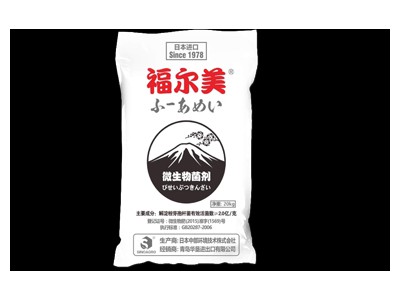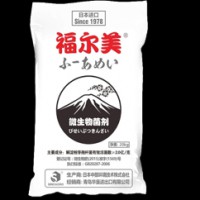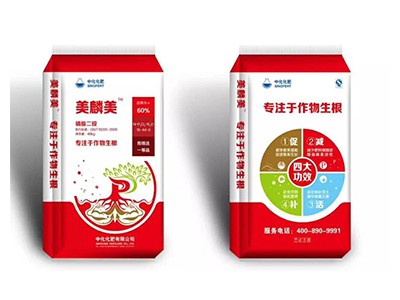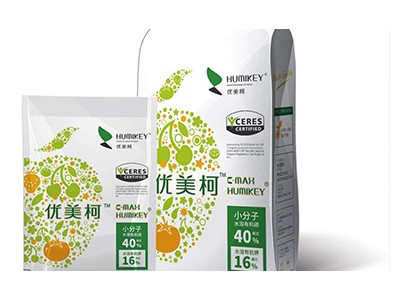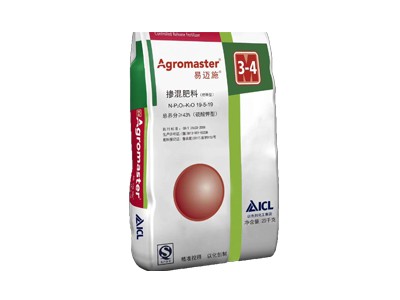2. Improve quality. Microbial agents can effectively improve the quality of agricultural products. Practice has proved that the content of protein, sugar, vitamins, amino acids and other beneficial ingredients in agricultural products harvested by using microbial fertilizers is significantly increased, the grains and fruits are plump and smooth, and the colors of vegetables and fruits are bright.
Both delicious and beautiful, and high value. Some microbial fertilizer products can also reduce the accumulation of nitrate and improve the safety of agricultural products.
3. Enhance the stress resistance of crops. Most of the effective bacteria in microbial agents have the function of secreting antibiotic substances and a variety of active enzymes, which can inhibit or kill pathogenic bacteria, reduce disease occurrence and enhance crop resistance, such as drought resistance and cold tolerance of crops. , Lodging resistance, disease prevention and salt-alkali resistance, while also effectively preventing the occurrence of crop physiological diseases.
4. Improve fertilizer utilization. Most of the effective bacteria of microbial agents can decompose the organic matter in the soil. During the decomposition of the organic matter, humic acid is generated. The humic acid and the nitrogen in the soil form ammonium humate, which can reduce the loss of nitrogen fertilizer. Potassium-dissolving and phosphorus-dissolving effective bacteria can decompose and convert the solidified chemical potash fertilizer and chemical phosphate fertilizer into quick-acting potassium and quick-acting phosphorus, improve its utilization rate, reduce production input, and reduce resource waste.
5. Improve soil nutrients. The effective bacteria of microbial agents can promote the dissolution and release of insoluble nutrients in the soil, and improve the supply capacity of soil nutrients. The extracellular polysaccharide secreted by the effective bacteria is the binder of the soil aggregate structure, which can strengthen the soil aggregate structure, loosen the soil, improve soil permeability and water and fertilizer retention capacity, increase soil organic matter, activate the potential nutrients in the soil, and improve The supply of nutrients in the soil.




